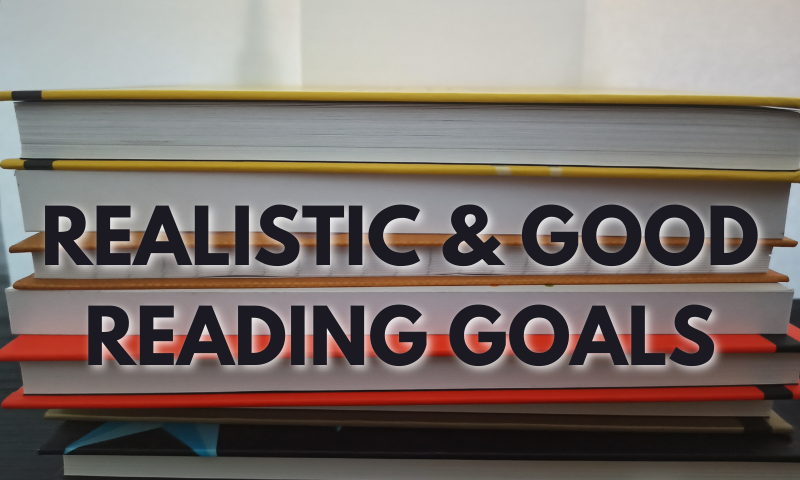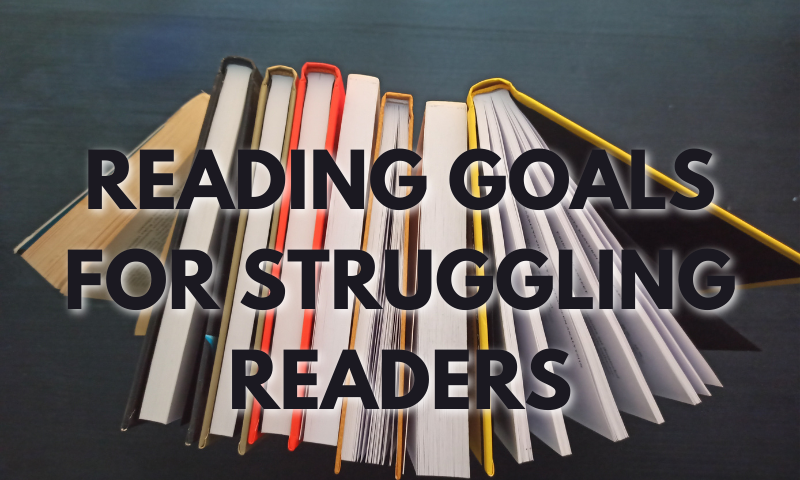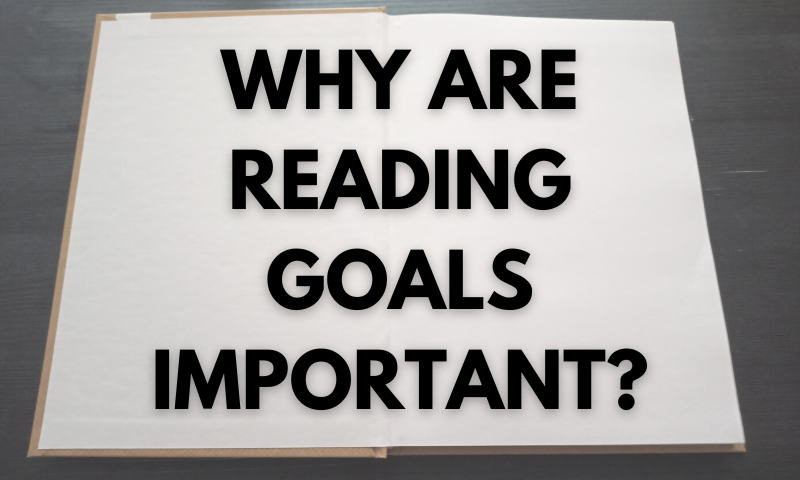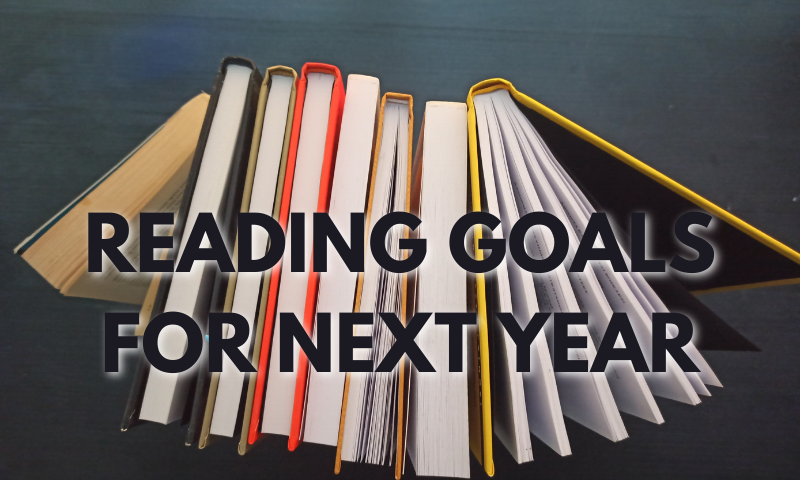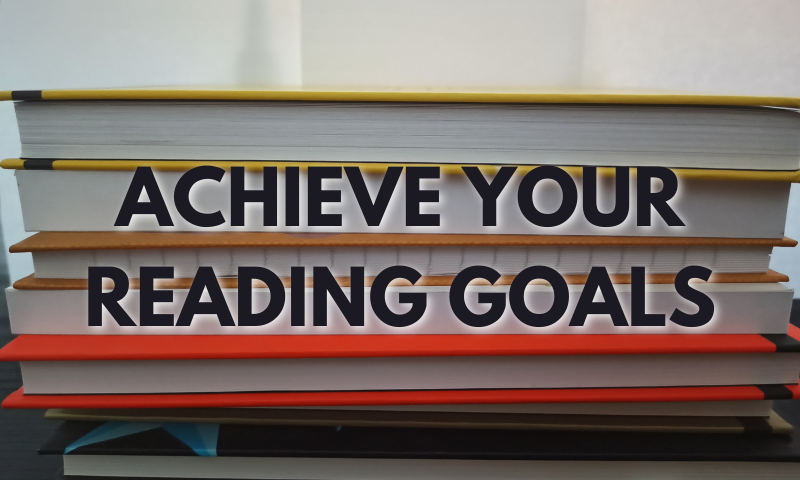Setting reading goals is not an easy task. Having too ambitious goals might prevent you from ever getting started. So, how do you set good, realistic reading goals?
When it comes to reading goals, it’s important to keep things realistic. It is also true, that unplanned events might occur, so keeping the goals on weekly, or monthly timeframes, instead of daily can help you achieve those goals.
In this post, we will go through different things to keep in mind when you set your reading goals.
1. Make your goals realistic
Keeping your goals realistic will make it a lot easier to achieve those goals. If you set a goal to read 100 books next year and you have never read them before, that will be a lot of work. That’s almost two books a week. For someone who just wants to get started with reading, something like a book a month would be much more realistic.
It is also true that books are of different lengths. One might have 200 pages with huge font, whereas the other could have 500 pages with a much larger word density.
There are several different ways to make reading goals. You could make goals based on:
- Books read
- Pages read
- Time spent reading
Whatever works best for you. I personally have a goal to read one book a month. If the book is really long one, like +500 pages, I might give myself two months. I don’t have too much time to read, even though I really like it and find it valuable.
There are also differences between books and how fast you can digest them. If you were reading a non-fiction book, you might want to spend more time digesting the information, compared to a fiction book.
2. Count in unplanned events
There might come events during your year, or planned timeframe that you just can not stick to your goals. Therefore, if your yearly goal was to read a book a month, do not beat yourself up if you only managed to read 10 books.
Having the main focus on reading a book a month will keep you on track. However, sometimes there comes unplanned events that prevent you from spending as much time reading. For example, when we were moving from our previous apartment to the current one, it took a lot of time with all the packing and transporting our stuff to the new place.
You might also pick shorter books for times like that if you already know they are ahead of you. Just for you to know if you have daily goals, some days you just don’t have the time to spend reading. That is why I prefer weekly or monthly goals over daily goals.
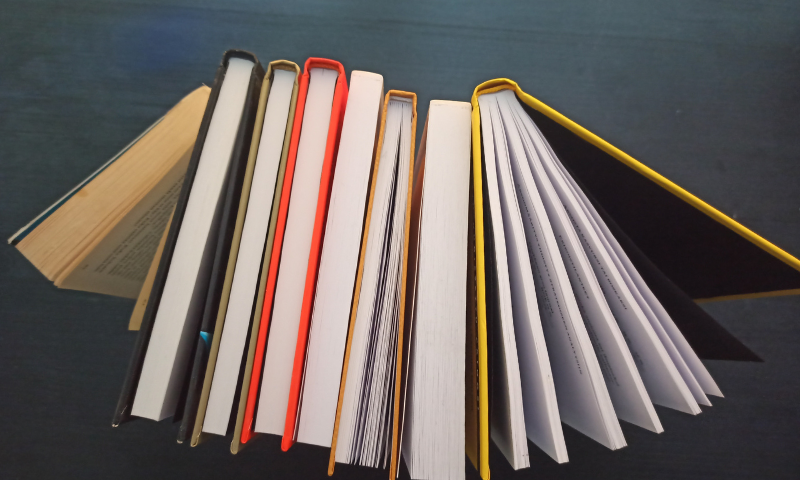
3. Have different goals for different kinds of books
As I already mentioned, a non-fiction book about self-improvement or another more important topic might take more time to digest than a fiction book.
Therefore, if you like to read both fiction and non-fiction books, having different goals for different categories could also be counted in. For example, if your goal was to read 100 pages of fiction book a week, that could be 50 pages of a non-fiction book.
If you do not digest what you read when it’s about accomplishing your goals, the reading doesn’t do as much good as it could. Speedreading is not always the best option if you do not recall what you have read.
4. Use the proper timeframe for your goals
There are different timeframes you might want to use when setting reading goals.
Those can be:
- Daily
- Weekly
- Monthly
- Quarterly
- Yearly
I find weekly or monthly goals best for myself, with a larger yearly goal running in the back. Trying to read one book a month, with a yearly goal of 10 gives me plenty of time to read each book, with some room for unplanned events as well. If I miss one month’s book or it takes some extra time, the yearly goal is still achievable.
Having only a yearly goal might make it too easy for you to say “I will just take the time by the end of the year and read those 10 books in December”. I think we all know how well that usually goes.
That’s why I prefer having monthly goals with the yearly goal in the background.
Daily goals are also not as great in my opinion. You will probably have days where you just can not find the time to read. That would make it discouraging and more difficult to stick to your goals.
5. Make specific goals
Making the goal specific, like reading a book every month makes it a lot easier to stay on track. Having loose goals like “I want to read more books”, which does not define how much and when will be much easier to forget.
When you have a book for each month, you know exactly how much reading you should be doing in the given timeframe. The phrase “I want to read more” doesn’t mean anything, if you do not take action. I think everybody would like to be more fit, have more money and so on.
But if you don’t have a specific goal to work towards, it’s much more unlikely you will achieve those goals. Another thing is to keep things realistic for YOU. People are in different life situations and read differently. Some might read a book every week, whereas someone else can only find the time and focus to read a book every month.
Here is a more in-depth post about why reading goals are important.
Final thoughts
In conclusion, set realistic goals with realistic timeframes to maximize the likelihood of achieving those reading goals.
Being specific about the number of books, pages read or time spent reading will also help you to measure, how well you achieved those goals.
Also, keep in mind that books are different. The information in some books is a lot denser than in others, so it might take more time to digest.
I also have a post going through tips to achieve your reading goals, check it out if interested.
Hopefully, this helped you to set some awesome, ambitious yet realistic reading goals. Have a wonderful day!
